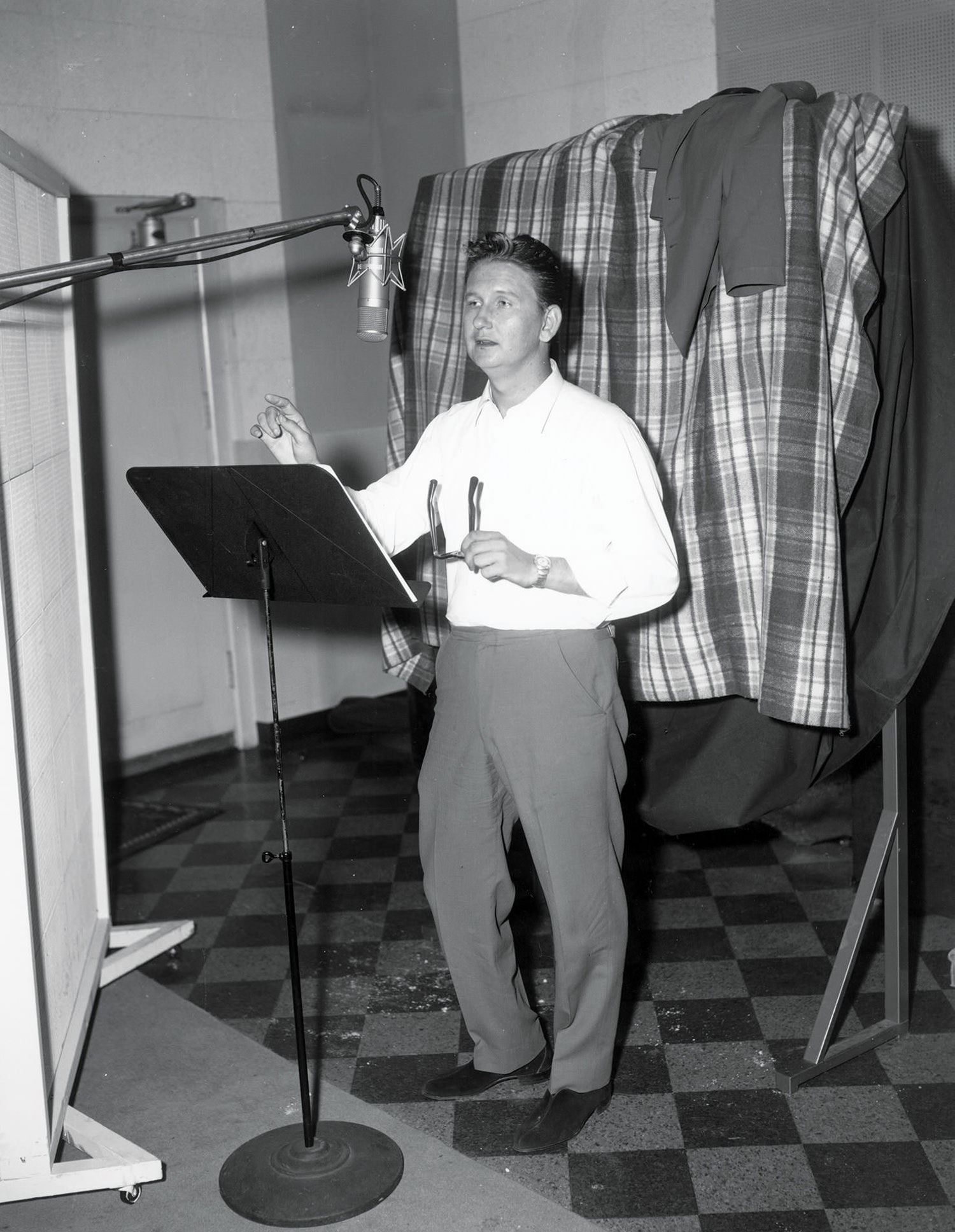Why the Boe Weaver name?
I'm not really sure! It's kind of a nod to the Family song "The Weaver's Answer".
Is this the opposite of the "clinical" remix, where looser tracks are forced into dance styles?
We are asked to give the tracks our interpretation and that's exactly what we do. Because we only use the vocal from the original track, the mixes generally turn out with more of a "live" or "real" feel to them.
Does this force you into different styles than the band?
It's a healthy change. Doing lots of projects helps us focus on each project separately — we aren't tempted to fit a square block of an idea in to the wrong group. All the music has somewhere to go! Boe Weaver is just the two of us, so it's a quick process as we write almost knowing what the other will do next.
What's an H&H mix?
It's just a name to give mixes that don't fit the Boe Weaver style. H&H equals Homes and Homes.
Is there room for input from the original artists?
We always ask what they think after it's done, and occasionally we add a bigger lift or make some small edits. On the whole it's pretty much our interpretation.
How do you construct the music to fit around the vocals?
If the melody is tightly glued to a chord sequence that just can't be changed, then we stick to it and work hard on taking that progression to another place. If there is air in the song, i.e. breakdowns, solos, etc., then we forget what we have heard and just go with it. It's quite rare that we even listen to the original track before we start! Nine times out of ten we jam over the vocal with drums and bass and go from there.
Do you pick the BPM from the original song?
We don't usually wander too far off the original BPM. We find that a new drum pattern can alter the pace and feel of a track enough.
Do you fly the vocal in with computer and cut and paste it in time?
Sometimes!
Do you stretch the time of the vocals to fit the new track?
Not to date, but there must be a track out there that's begging for it.
What has sent people your way for these remixes?
Word of mouth really. Labels over here got wind of the Boe Weaver tracks we were doing and wanted "that" sound on their acts. I guess it's the left field approach of sounds we favour that are not necessarily used in remixes at the moment, and our disregard for modern song structure.
Is it fun or tedious to do these?
We love this job! To recreate a song with no constraints is something any musician or producer should enjoy! r
www.myspace.com/boeweaver, www.boeweaver.com




